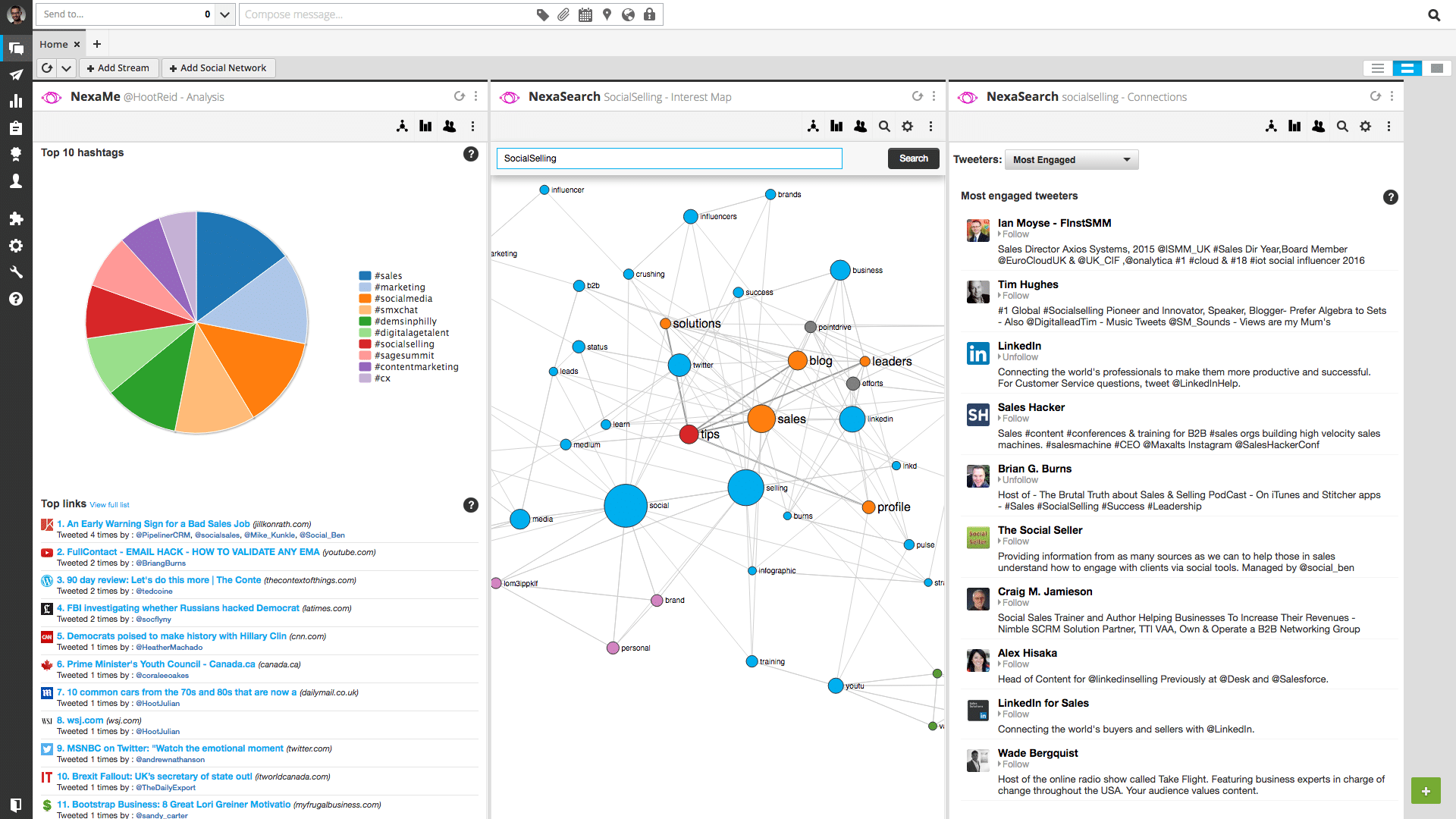
Financial advisers are professionals who provide financial advice and services to clients. This role requires specialized training and registration with an regulatory body. Consider several factors when you are considering becoming an advisor. Read on to learn more about fees, conflict of interests, and working with a financial adviser. This article will help guide you in making the right decision. And remember, the more you know, the better you'll be able to make financial decisions. We'll be looking at the most important things to keep in mind.
Work environment
The work environment of a financial advisor is heavily dependent on the place he or she lives. Many people work for banks or investment firms. However, 40% are self employed. Some may own small practices while others work for large corporations. Technology has changed the role of a financial planner, and so has the work environment. Financial planners enjoy flexible work hours and a low workload.
Traditional methods of financial advising still exist. It is vital to meet clients facetoface and monitor their assets. An advisor may choose to work for a privately owned bank or another offshore financial advisory firm. There are no education requirements. However, it is highly recommended that you have previous work experience in sales or customer service. Experience in retail banking is often more valuable than academic qualifications. A postgraduate degree in the relevant discipline is a good idea if you work in regulated firms.

Fees
Fees for financial planners can vary depending upon the level of their experience and the services they provide. A financial plan that is comprehensive can cost between $2,000 and $10,000 per year. Planning and investment management services can run up to $30,000. These fees are not based on the value of your investments or whether you purchase a particular product from your financial adviser. If you aren't sure if financial advice is necessary, ask your prospective financial advisor about his or her fee structure.
Ask your financial advisor to explain the benefits they will bring you. Ask what you would gain if your fees were higher. If you choose a fiduciary, for example, he or her should be obliged to act in the best interests of your case at all costs. A financial advisor is able to provide many benefits including tax planning as well as estate planning. They can also help you to evaluate the impact on charitable gifts. Their assistance goes well beyond the realm of money management.
Conflicts of interests
Conflicts of interests in the financial industry may arise from activities outside the control of the financial advisor. These activities could include relationships or business partners with people of influence. Item 10 of the Securities and exchange commission reporting form Form ADV requires firms disclose financial industry affiliations. Financial advisers should also disclose the insurance products they have been paid commissions for. It is vital to disclose and identify such relationships. Conflicts of interest can be created if you don't disclose enough.
There are many factors that can lead to conflict of interests in financial services. If the compensation is tied with the recommendation for an investment product, financial advisors may be able to put their own interests above those of the client. The compensation for these actions is often incidental. However, it might be difficult to identify the motivations behind the recommendations. Investors should identify conflicts of interests as soon as possible.

Talking to a financial adviser
Fees for a financial advisor may be the single largest expense in your investment portfolio. These fees are not only an expense that you should consider when working with a professional but also have a significant impact on your overall wealth. The following are tips for negotiating the fees of a financial adviser. Ensure that you fully understand the fees. Ask the adviser to walk you through the contract. You should be able to understand the services included, early termination fees, and what happens if your adviser leaves.
- Don't make knee-jerk investment decisions. It's tempting to jump at the first decision, even if it isn't well-informed. However, this could end up costing you a lot of cash. An adviser can help you stick to your strategy. It is 150% easier to have a long-term financial strategy when you work with a financial planner. It is estimated that 4/5 Canadians don't have confidence in their financial situation.
FAQ
What is the difference between consulting and freelancing?
Freelancers are self-employed individuals who offer their services to clients without employees of a company or agency. They usually charge an hourly rate based on how much time they spent on a project. Consultants usually work for agencies or companies that employ them. Consultants are typically paid either monthly or annually.
Because they have control over their work hours and can set their prices, freelancers are more flexible than consultants. Consultants, however, often have better benefits such as retirement plans, vacation days, and health insurance.
How do I get clients for my consultancy business?
Find an area that you are passionate about. You can choose to be passionate about anything, from public relations and social media. If not, you may have to start small by finding a niche market such as web design. Once you have found the niche market, you need to understand why it works. What problems does it solve Why should people use them? But most importantly, what can you do to help them?
You can also contact businesses directly.
If all else fails why not offer your services to free events like conferences and networking evenings? It's a great way to get in touch with potential customers, without spending too much on advertising.
Can I get a degree as a consultant?
It is best to study a subject well and then practice what you have learned.
You can learn all you need to know to become a great consulting professional by starting to study now.
A degree without relevant experience may make it difficult for you to be hired. However, if you can demonstrate that you've studied the same subjects as those who got the jobs, you could still apply.
Employers are always looking for people with real-world knowledge.
Statistics
- 67% of consultants start their consulting businesses after quitting their jobs, while 33% start while they're still at their jobs. (consultingsuccess.com)
- My 10 years of experience and 6-step program have helped over 20 clients boost their sales by an average of 33% in 6 months. (consultingsuccess.com)
- Over 50% of consultants get their first consulting client through a referral from their network. (consultingsuccess.com)
- "From there, I told them my rates were going up 25%, this is the new hourly rate, and every single one of them said 'done, fine.' (nerdwallet.com)
- According to statistics from the ONS, the UK has around 300,000 consultants, of which around 63,000 professionals work as management consultants. (consultancy.uk)
External Links
How To
How To Start A Consultancy Company, And What Should I Do First?
You can make a lot of money by setting up a consulting business. You don’t need to have business experience or invest capital. You can start your own consulting firm by building a website. Once you have a website built, you can start using social media platforms such Instagram and Pinterest to spread the word about you services.
You can create a marketing strategy that includes these things with these tools
-
Content creation (blogs).
-
Contacts are essential for building relationships
-
Generating Leads (lead generation forms).
-
Selling products (eCommerce websites)
Once your marketing strategy is developed, you need to find clients willing and able to pay for your services. Some people prefer to go through networking groups and events, while others prefer to use online methods such as Craigslist, Kijiji, etc. It's up to you to make the decision.
Once you have a new client, you need to discuss terms. You can discuss hourly rates, retainer agreements, flat fees, and other options. You need to be clear about what you expect of a client before they accept you as a client.
The most common type of contract for a consultancy service is an hourly agreement. This contract allows you to pay a fixed amount each week or month for certain services. Based on the service you provide, you might be able to negotiate a discount based on the length of your contract. Before you sign a contract, ensure you understand everything.
Next, you will need to create invoices that you can send to your clients. Invoicing can seem simple until you try it. You have many options to invoice your clients. Some people prefer to email their invoices directly, while others prefer to mail them hard copies. No matter which method you choose to use, it is important that it works for you.
After creating invoices are complete, you will need to collect payments. PayPal is popular because it is easy to use, offers several payment options, and most people prefer it. You can also use Square Cash, Square Cash (Google Wallet), Square Cash, Square Cash, Apple Pay and Venmo as payment processors.
Once you're ready to begin collecting payments, you'll want to set up bank accounts. Separate savings and checking accounts will allow you to track your income and expenses independently. Automated transfers into your bank account are a great way to pay bills.
When you start a consultancy business, it may seem overwhelming, but once you learn how to do it correctly, it becomes second nature. Our blog post contains more information on how to start a consulting business.
It's a great way for extra income without having to worry about hiring employees. Consultants can work remotely so they don't have the hassle of dealing with office politics and long working hours. You have more flexibility than traditional employees because you aren't tied down by work hours.